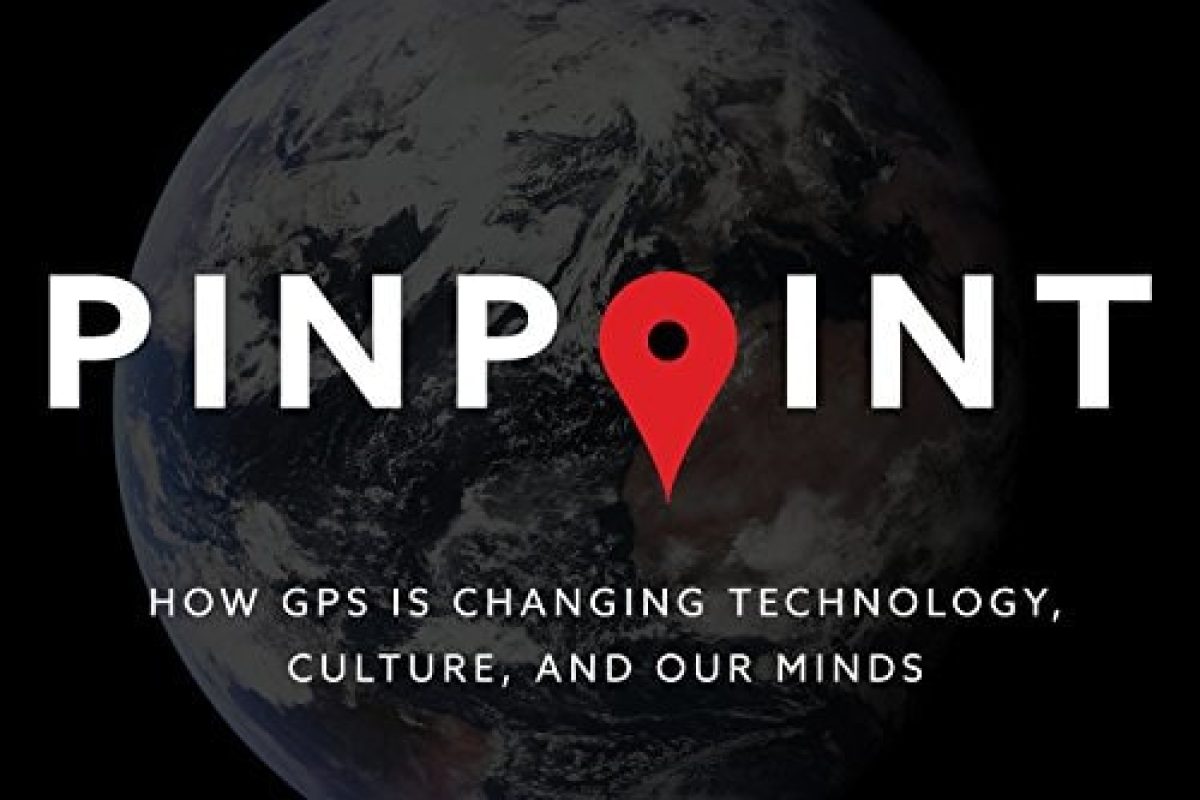“Pinpoint: How GPS is Changing Technology, Culture, and Our Minds” by Greg Milner delves into the pervasive yet often taken-for-granted Global Positioning System (GPS) technology that has become an integral part of our daily lives. Milner takes the reader on a fascinating journey, chronicling the history, development, and far-reaching implications of GPS technology, which has evolved from a military tool to a ubiquitous part of our modern world.
The strength of the book lies in Milner’s ability to articulate the complex science and engineering behind GPS in an accessible manner. He manages to translate the intricacies of satellite positioning and time-stamping into language that is both engaging and understandable for the lay reader. The narrative is filled with compelling stories and anecdotes, from the Cold War-era origins of the technology to its role in contemporary phenomena like geo-tagged social media posts and autonomous vehicles.
One of the most intriguing aspects of the book is its exploration of the societal and psychological implications of GPS. Milner delves into how this technology has altered our perception of space, our relationship with our environment, and even the way we think. He examines some unexpected consequences, such as how an overreliance on GPS can lead to a phenomenon called “death by GPS,” where people have literally driven into perilous situations because they followed GPS directions without question.
However, the book does have its shortcomings. While Milner discusses the technological and psychological effects of GPS extensively, he could have given more attention to its ethical and privacy concerns. The impact of constant surveillance and data collection, enabled by GPS, warrants a more in-depth examination. Additionally, although the book is broad in scope, it may leave the more technically inclined reader wishing for a deeper dive into the mechanics and algorithms that make GPS work.
Despite these minor issues, “Pinpoint” succeeds in being a captivating read that shines a light on a technology we often use but seldom think about. It combines history, technology, psychology, and culture into a compelling narrative that makes you reconsider your relationship with the invisible signals that guide you through your day. For anyone curious about the ever-growing influence of technology on human life, this book is a must-read. It offers a comprehensive view of how GPS has fundamentally shifted our interaction with the world—enriching, complicating, and sometimes endangering our lives in ways we are only beginning to understand.




